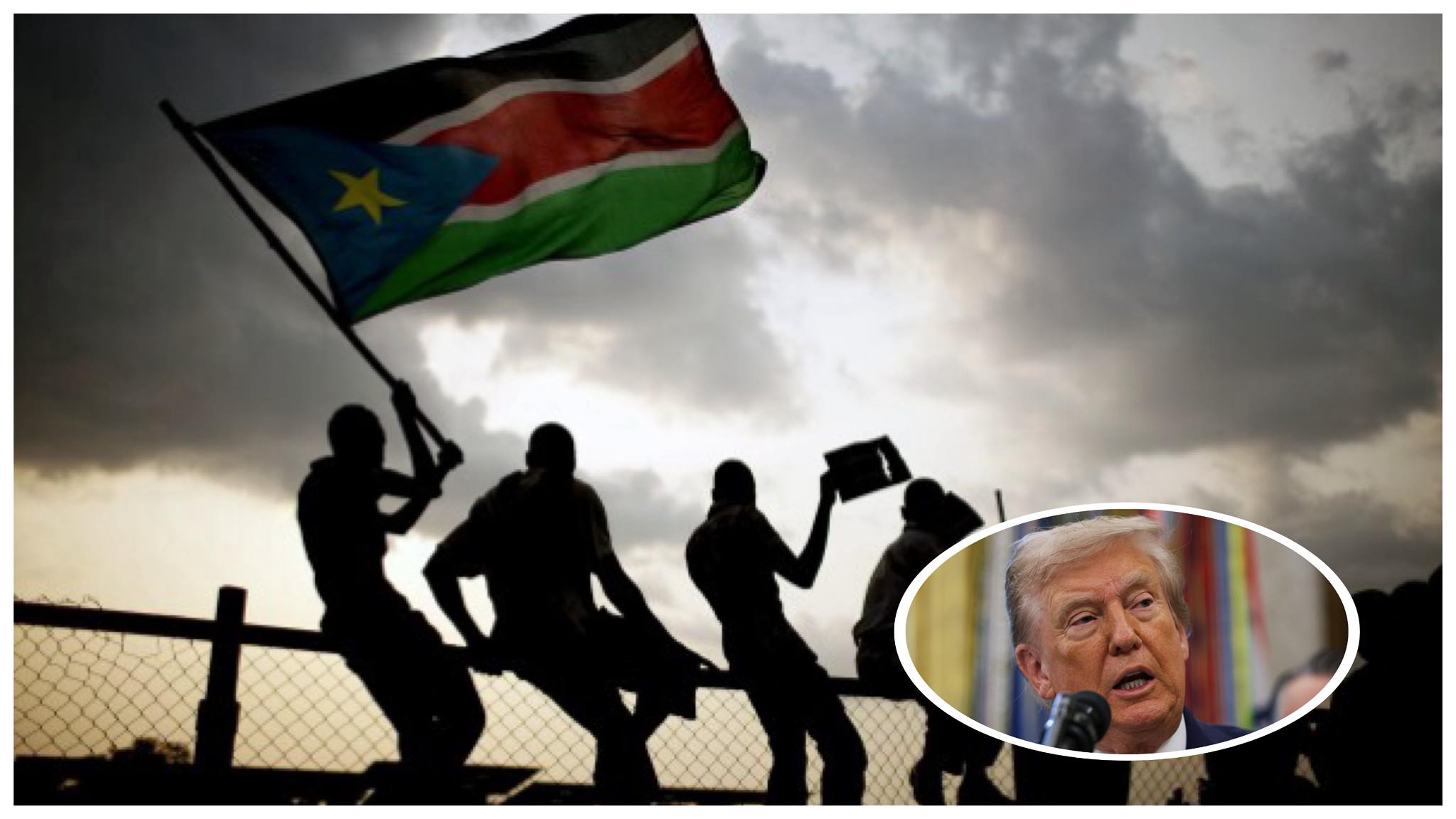
JUBA, 5 November 2025 Juba TV News
The United States Department of Homeland Security (DHS) has announced the end of Temporary Protected Status (TPS) for South Sudanese nationals who fled the country’s civil war, a decision that could affect thousands living legally in the U.S. for more than a decade.
The DHS said the protections will officially terminate on 5 January 2026, giving affected individuals a 60-day grace period to either obtain another legal status, depart the country voluntarily, or face possible deportation once the period expires.
Background on TPS
The TPS designation for South Sudan was first granted in 2011 following the outbreak of the country’s civil war, which displaced millions and devastated infrastructure. The policy allowed South Sudanese nationals already residing in the U.S. to live and work legally, shielding them from deportation due to unsafe conditions back home.
According to DHS officials, the latest review concluded that “the conditions that justified TPS for South Sudan no longer meet the statutory requirements,” citing improvements in political stability and security since the 2018 peace agreement.
Criticism from Humanitarian Groups
However, humanitarian organizations and rights advocates strongly disagree with the U.S. government’s assessment. They warn that South Sudan remains unstable, with continued localized violence, widespread hunger, and weak governance structures.
“Ending TPS now is premature and dangerous,” said a statement from the Refugee and Immigrant Center for Education and Legal Services (RAICES). “South Sudan is still recovering from years of war, and many of those affected have built their lives and families in the United States.”
The United Nations has also repeatedly warned that more than 9 million South Sudanese remain in need of humanitarian assistance, with over 2 million internally displaced due to conflict and flooding.
Impact on the South Sudanese Community
The decision affects an estimated 5,000 South Sudanese nationals who currently hold TPS in the U.S. Many fled during the height of the civil war and have since built families and businesses across American cities such as Omaha, Minneapolis, and Des Moines.
Community leaders fear that the policy reversal could separate families, including children who are U.S. citizens. Some TPS holders may seek asylum or other immigration relief, though those processes are often lengthy and uncertain.
“We came to the U.S. because of war,” said one South Sudanese community representative in Iowa. “Now they are telling us to go back, but South Sudan is still not safe for many of us.”
Reaction from Juba
The Government of South Sudan has not yet issued an official response, but officials in Juba may interpret the U.S. decision as a sign of confidence in the country’s progress since the peace deal. Still, analysts say the move could place additional pressure on the government to ensure lasting stability and reintegration support for potential returnees.
What Happens Next
Advocacy groups in the U.S. are expected to challenge the DHS decision in court, as they have in previous cases involving TPS terminations for other countries. Meanwhile, South Sudanese nationals are being urged to consult immigration attorneys about their options before the January deadline.
The development marks a significant shift in U.S. humanitarian and immigration policy one that could reshape the lives of thousands of South Sudanese families who once fled war in search of safety and stability abroad.
For updates on this developing story, follow Juba TV News online and on social media.
Juba TV South Sudan’s Voice at Home and Abroad


